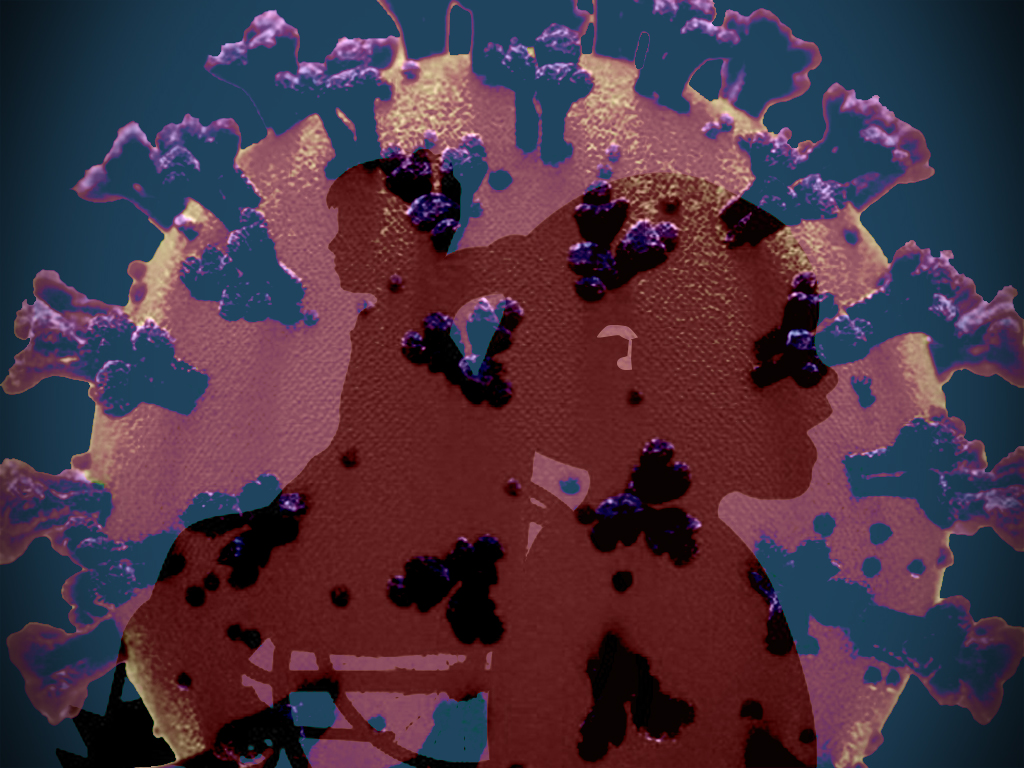ABS-CBN reports heightened difficulties of child PWDs
CHEERS TO News.ABS-CBN.com for calling attention to the added burdens imposed by the COVID-19 pandemic on young persons with disabilities (PWDs). Some of the issues mentioned in the report are the lack of government assistance and healthcare services, as well as other glaring institutional shortcomings that require further media coverage and public scrutiny.
The story gave voice to three parents of children with special needs. ABS-CBN’s Christina Quiambao said that based on the 2010 Philippine census, the three featured are among the more than a million PWDs in the country. The report also noted the lack of data on PWDs, quoting the National Council on Disability Affairs (NCDA), which described the challenges of updating and consolidating data.
Inadequate information leads to inadequate support. It is revealing that the very organization tasked with addressing PWD-related issues is falling short of it. Media must continue bringing this fact to light when they report on PWDs.
Testimonies revealed the current difficulties that add to the long-existing problems of PWDs and their families.
The cost of therapy for developmental disorders dominate their concerns. According to Bright Minds PH, a speech and occupational therapy center, sessions to treat physical disabilities can cost up to PHP 1,250 an hour, which families who are affected by loss of employment can hardly afford.
In general, most government agencies do not provide the services required by law with efficiency and enough attention, and few LGUs and the local offices of national departments have been prepared for the pandemic crisis. The PWD sector like other special groups suffers from government inattention because they are not a priority concern,
One of the parents, Grace Donaire, described the insufferable process involved in applying for financial support from the government. The PHP 2,000 which she received from her local government unit seemed so much less after spending on transportation and securing documents, including the physical check-up included among the required procedures.
Worse, some families are being completely denied benefits provided by law. The group CP Cares PH said that they had not been able to redeem PhilHealth’s “Z benefits” promised to children with developmental disabilities, including medical assessment and rehabilitation therapy.
Finally, the piece drew attention to the enduring stigma against PWDs during the pandemic. The parents alleged discrimination at the hands of hospital workers, who refused to admit them because they did not fall under the “priority” category. The report cited a 2015 study by the BMC Health Services Research, attesting to local health workers’ deficiency in communicating with special needs patients. The limited knowledge and skills, as well as negative attitudes, have resulted in ineffective responses to PWD patients’ needs.
The report provides evidence of the lack of knowledge and understanding on the part of the government of PWDs and their special needs. Health workers and other government officers should acquire the orientation aprend training that will prepare them to treat and engage with these individuals with respect for their dignity as human beings.
For their part, the media must also strive to be knowledgeable about PWDs and their condition. More extensive coverage of these issues will help promote more public understanding which is the only way to root out prevailing prejudices about those with special needs.

Leave a Reply